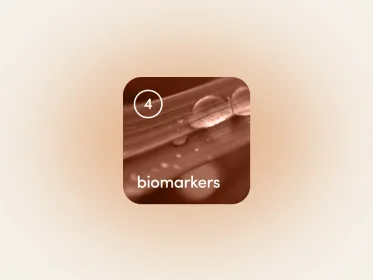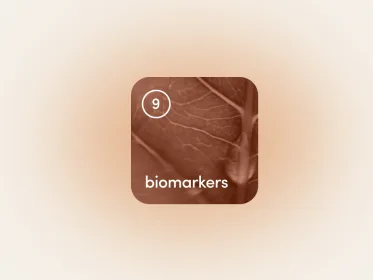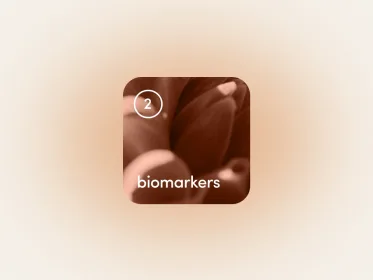Why Get Labs Through Hims
With lab testing through Hims, you get clear results that span multiple areas of health — connecting the dots between your cardiovascular system, metabolism, hormones, liver, kidneys, nutrients, inflammation, immune function, blood health, stress, and even biological age. The results are explained clearly and simply, so you can easily understand what’s happening inside your body.
Beyond the numbers, Hims provides actionable insights into where you need to focus to improve your health. Each result comes with insights to help you make sense of your biomarkers and identify practical steps to support better outcomes.
If your results suggest areas for improvement, you’ll receive an action plan designed by experts that includes lifestyle guidance and, when deemed appropriate by a healthcare provider, prescription medication to help you reach your goals.
More than 2.4 million people trust Hims & Hers for accessible, science-backed care — from lab testing to ongoing health management.1
This information is not medical advice and lab results alone are not intended to diagnose, treat, or cure any condition. A provider will reach out about critical results and plans include access to 24/7 provider messaging.







